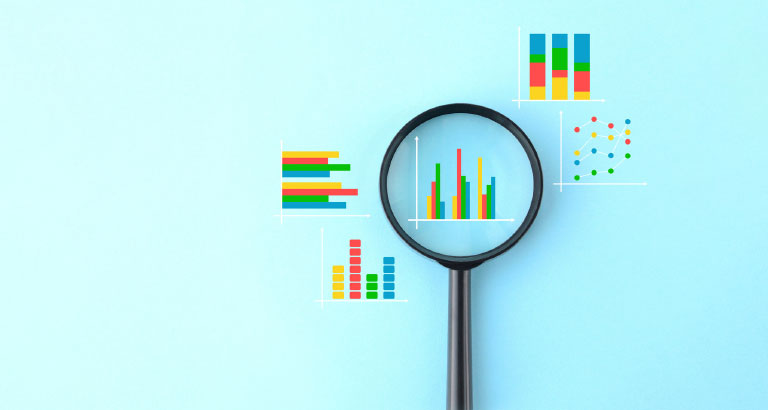
Establishing a business starts with an idea but continues with a plan. Business expert Pria Masson explores the concept of ‘unit economics’ and its role in establishing a profitable business.
I was recently talking to a client, and she told me about how she wants to replicate a certain app experience from another country. The reason was that they had so many followers, so much social engagement etc. My response – “Do you know if they are profitable?”. More sales are not the same as more profits. More likes are not more money and more social media popularity is not the same as more business. Business, is, was and always will be about the money. And money is about profits. What are profits about? Usually, controlling your unit economics. Let’s dive in.
How do you build a business plan?
The foundation of a good business plan lies in the ability to view the business from the perspective of a single variable. This variable or ‘unit’ could be a customer, product, service or other factor for which it is possible to calculate the costs and revenues associated with its sale. For example, if I am working with a hotel, I will break it down to ‘per room’ with a restaurant it will be ‘per seat’ with a school its per student and with an app it can be per customer.
Why is this process so powerful?
Because, usually, based on a single variable, the project can be easily understood and managed. How? Think about this, if one can break down profitability to a single variable, choosing what products stay, what products need to be marketed more, which products make the most business sense, etc.; it all falls into place. This comes with surprises often, such as, the most selling product may be the largest contributor to losses.
Why do you need it?
For any business, it is vital to have control over the product economics. This is more critical if you are a start-up. At the early stages, understanding the economics of each unit is a game changer. For instance, it can help you understand if your minimum viable product (MVP) itself is financially sustainable. If it is not, what happens when you add in the ‘frills’? Each addition to the product comes at a cost which usually needs to have an attributable value attached to it. In other words, your costs and value must reflect in the price a single customer is willing to pay. Scalable, is when a larger volume of customers is willing to pay a profitable price for each unit you are producing.
What about initial unit losses – they are inevitable are they not?
Yes, initial unit economics are not always profitable. However, that is only when those products have shared resources attached to them. For instance, if the bulk of your initial cost is real estate or cloud space or even delivery infrastructure, then, as you scale up, the per unit cost attached to each product will decrease. However, keep in mind, there is a minimum number at which the unit will break even. Your aim is to put a timeline at achieving that minimum number. Or else, the losses will snowball.
What does it all mean?
It means something very simple, do the maths. Always. There is no substitute for the maths. Numbers do not lie. If you are telling yourself that numbers do not tell the whole story, that’s your first red flag. Act, calculate and act again – measure to control. If you’re in it to make money, you have no other route.
Pria is the Founder of GMI Advisory WLL– a Management Consultancy that helps companies with their strategy, business plans, presentations and preparing for investors. You can visit her company website gmiadvisory.com to connect with her. You can follow Pria at her Instagram handle @guide_my_idea.



